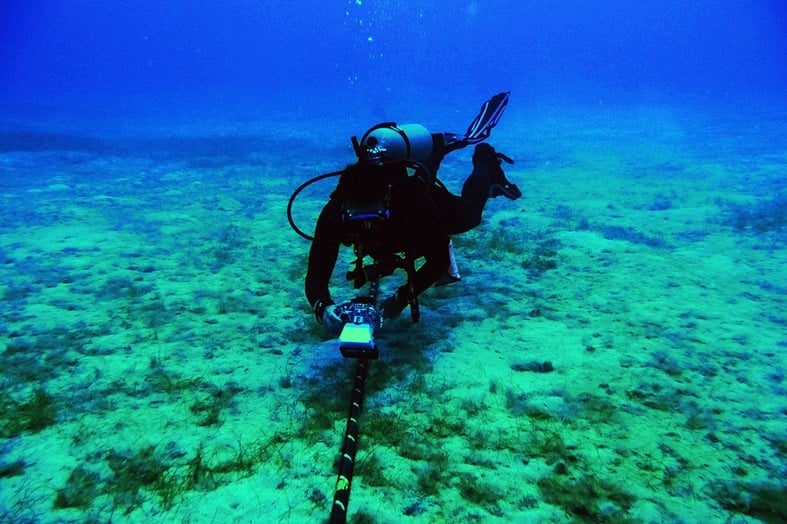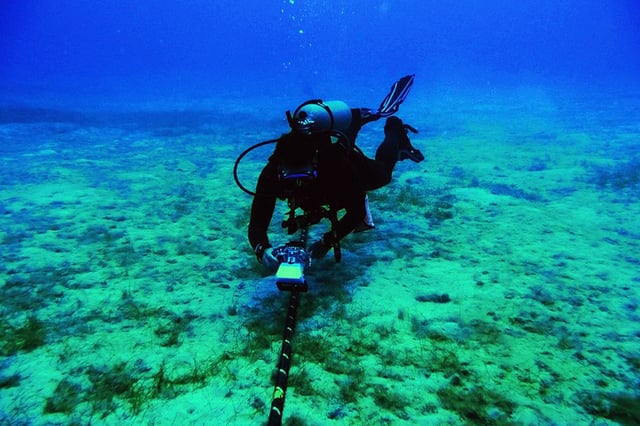Wind and Solar Energy Picking Up Steam
If there's one thing the Internet of Things (IoT) has taught us, it's that the future will be...


Linking the far corners of Asia, as well as places like the Philippines, Japan and Guam to the rest of the world, tech heavyweights such as Google, Facebook, Amazon and many others are investing in high-speed, underwater cables to bring faster internet to areas in high demand.
According to Nikkei Asia Review, "The entry of internet heavyweights in a domain normally reserved for telecommunications companies is driving the rapid expansion of Asian deep-sea networks. Over the three years through 2020, builders will lay about 137,000 km of cable serving 18 Asian nations and jurisdictions, data from U.S. research firm Telegeography shows. That represents a 33% jump from the approximately 103,000 km installed over the three years through 2017. The construction is fueled by expectations of a steep rise in regional internet demand ahead of the launch of 5G wireless services and the ongoing spread of "internet of things" technology. Monthly data volume in the Asia-Pacific region will rise to 108 quintillion bytes in the year 2021, according to U.S. technology group Cisco Systems. The estimate is up roughly 2.5 times from last year, and enough to fill more than 25 billion DVDs."
Why would companies like Amazon, Facebook and Google (also Microsoft, too) invest in high speed cabling? One reason is due to the proliferation of the Internet of Things (IoT). The more products we have linked to the net at home at and work, the more beneficial it is to each company.
If there's one thing the Internet of Things (IoT) has taught us, it's that the future will be...
Now that's a good way to start the year off on the right foot.
Looks like Gmail is about to unveil an all-new interface to its leading-edge webmail platform in...